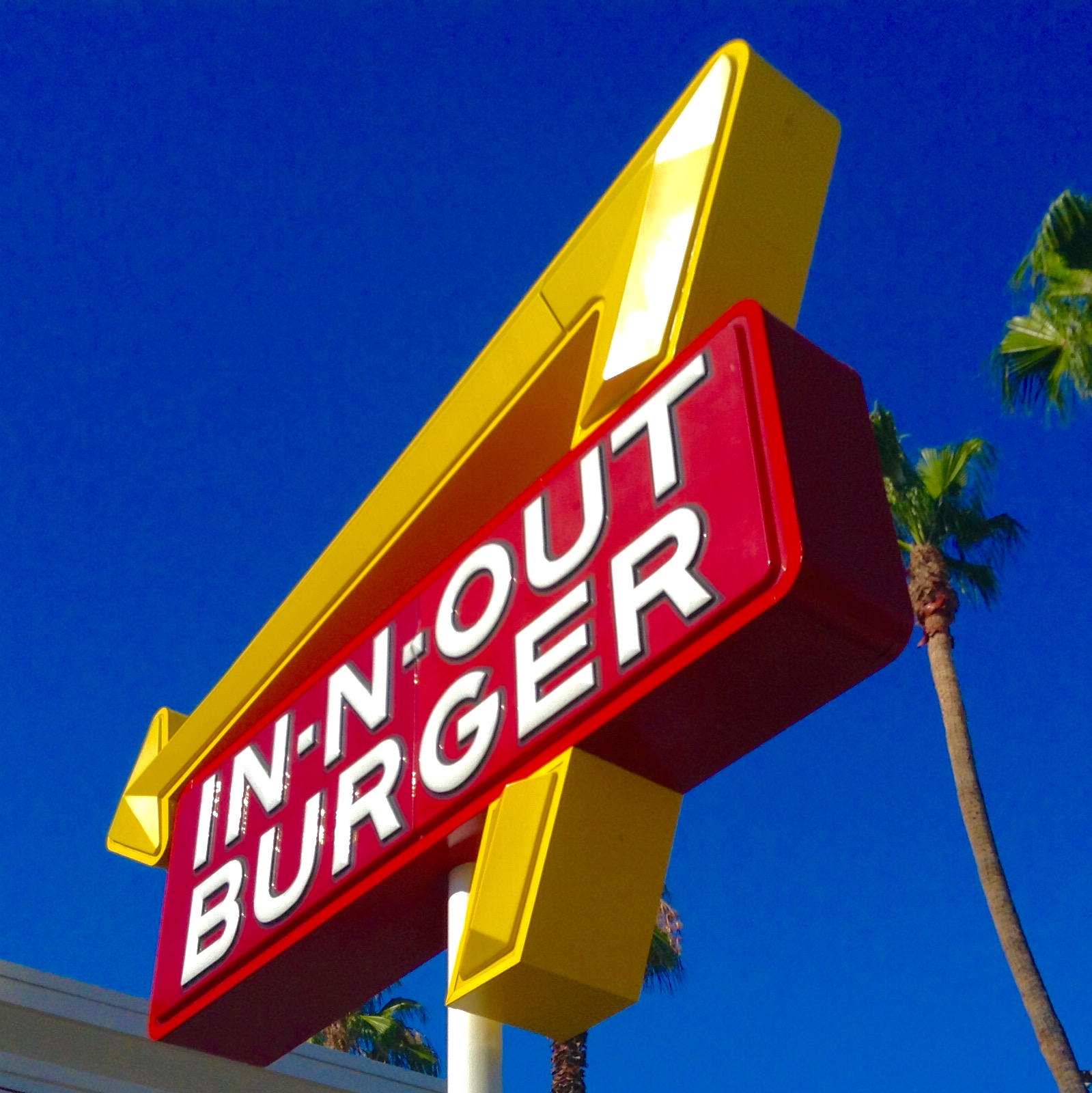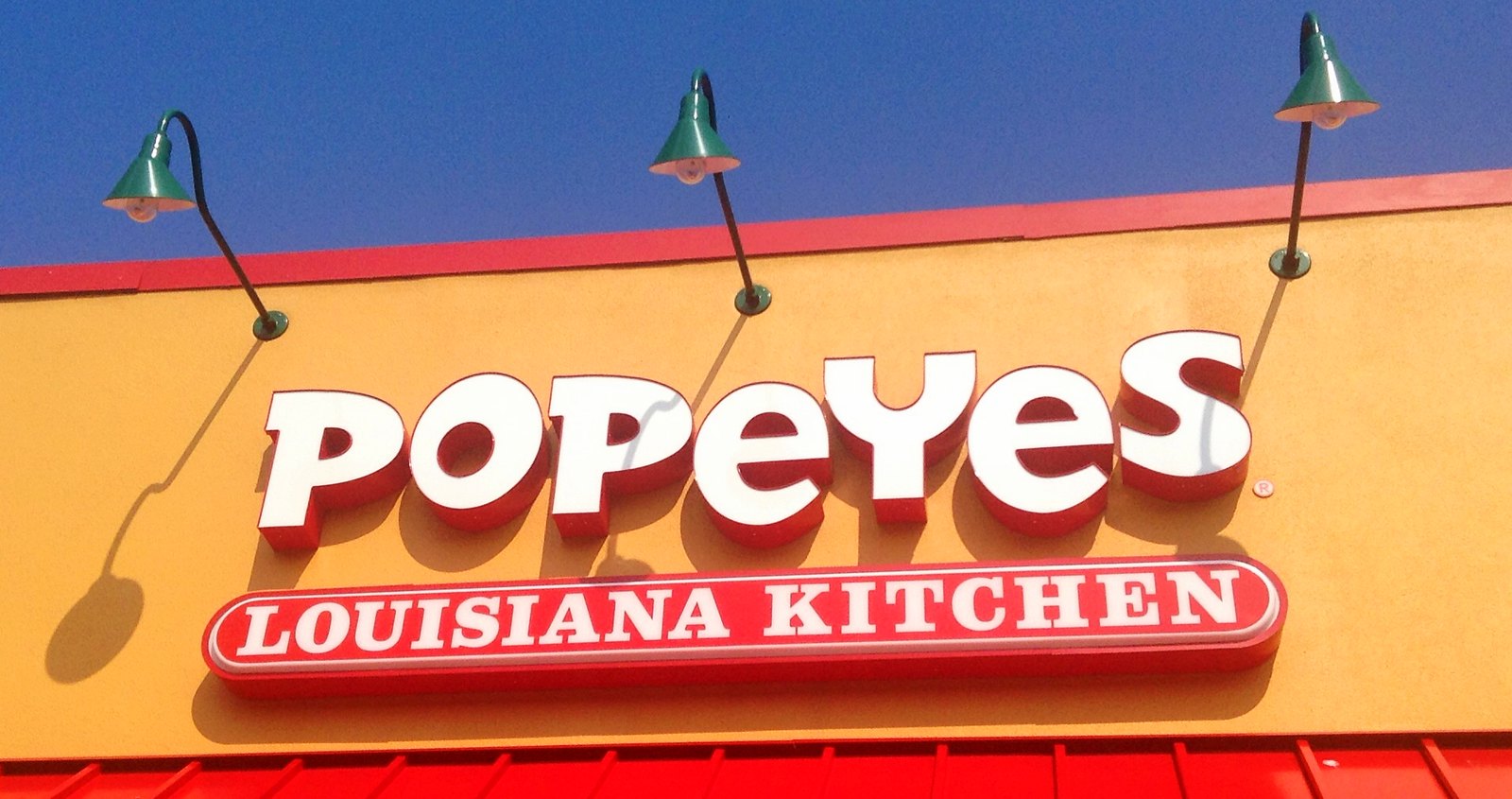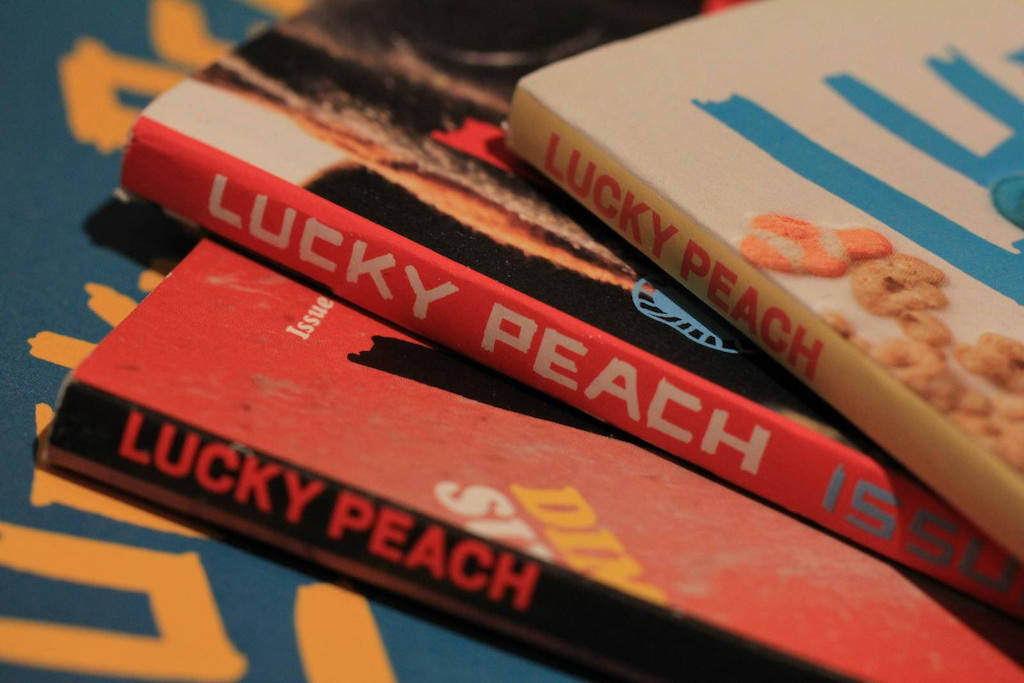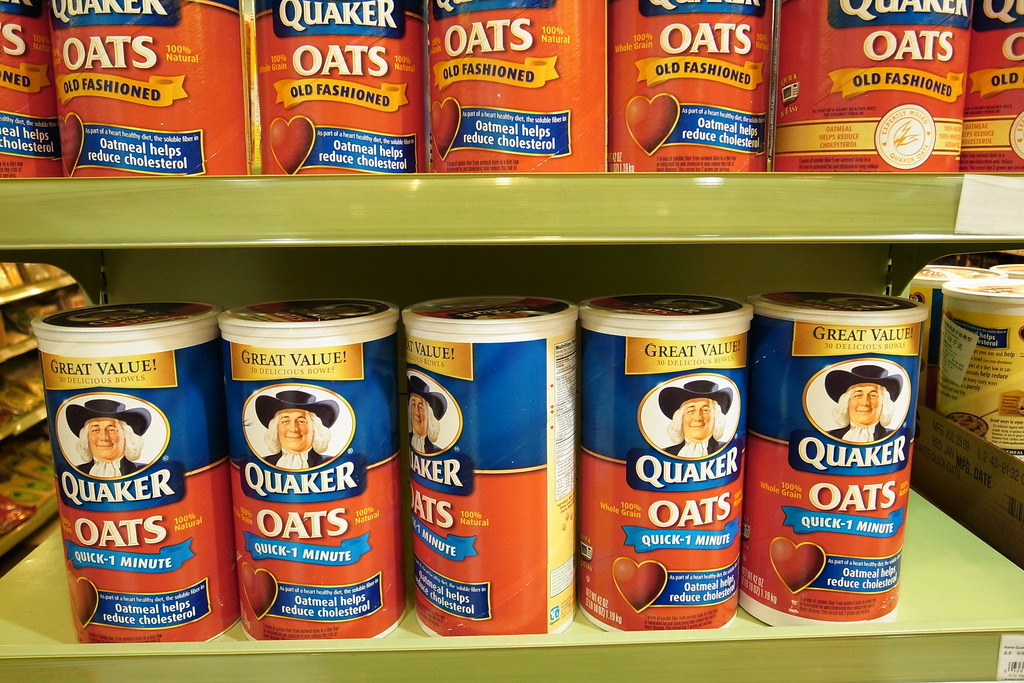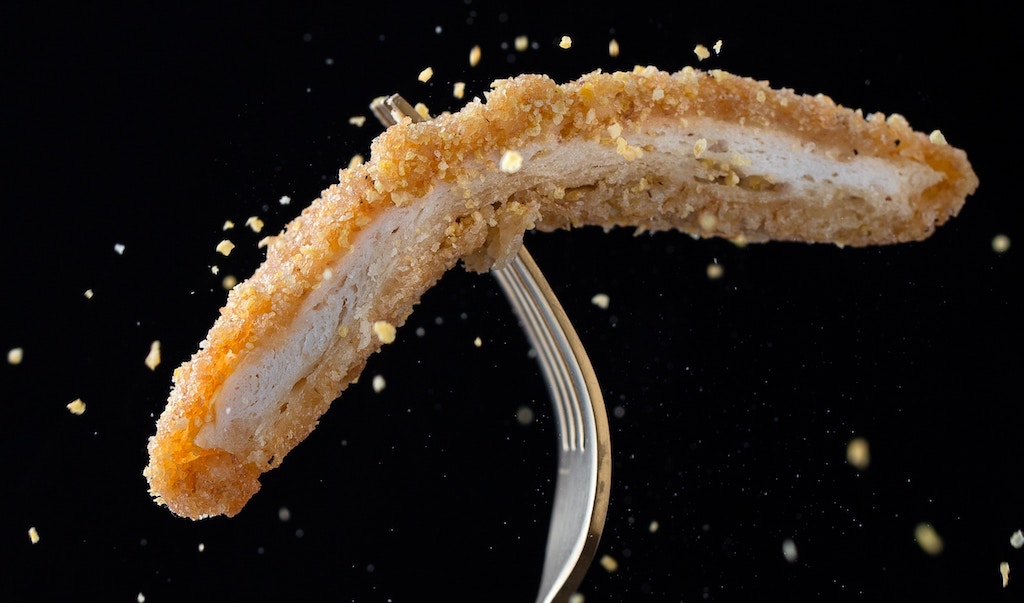This is the web version of a list we publish twice-weekly in our newsletter. It comprises the most noteworthy food stories of the moment, selected by our editors. Get it first here.
A lobbyist by any other name. The Grocery Manufacturers of America, which represents the world’s largest food and beverage companies, is no more, Politico reports. Or rather, the name of the interest group is being retired in favor of the soon-to-be-official Consumer Brands Association. Everybody needs a rebrand once in a while, it seems. The association has fractured in recent years over disagreements around issues like sodium content and genetically modified organisms. Can’t remember why we care about food lobbies in the first place? Read Politico’s excellent 2017 deep dive on food companies’ struggle to figure out how they fit into the future.
Sponsored (stomach) contents. Chicagoans, rejoice? Windy City residents can now order Bon Appetit-branded meals via Grubhub, reports The Spoon. It’s the second brand partnership that Lettuce Entertain You, a Chicago-based restaurant group, has run with Grubhub in the last couple of months—the first was with the diet juggernaut Whole30, Eater notes. The food will be cooked in ghost kitchens and will showcase recipes that are popular on the magazine’s YouTube channel. Try explaining that one to your mom.
Tumbleweeds. Days after ICE agents raided chicken plants in Morton, Mississippi, rounding up hundreds of Latinx workers suspected of being in the United States illegally, we spoke with a woman about how life had changed. Her roommates, she told us, were staying inside. They were too afraid to find work, buy groceries, or even answer the door. With hundreds of residents now gone, held in detention, or deported, their children are being taken care of by strangers, and businesses that were once havens for immigrants are empty. VICE explored the aftermath in Morton, a former company town that’s now a ghost town.
Beer me. Love or hate the New York Mets, you’ve really gotta hand it to them (sorry). Airport security company Clear has partnered with food-service giant Aramark to install fingerprint-based payment systems at beer kiosks in New York’s CitiField, Crain’s New York Business reports. That means customers can now pay for a $10 Bud Light with the touch of a thumb, ostensibly eliminating long concession lines. Aramark maintains that the new technology won’t spell layoffs for park staff—someone has to keep unruly drinkers in check, after all. Let’s hope Clear finds a way to shrink bathroom lines next.
Faceoff. Last year, we reported on the beauty industry’s burgeoning food fetish. You can now browse the aisles of any beauty store or pharmacy today and find a bumper crop of food-skincare crossovers, from blueberry yogurt face masks to kale moisturizer to broccoli shampoo. The phenomenon reflects both a desire to “return” to the days of small-batch production, and a general anxiety about less-familiar ingredients. But these tasty fruit- and vegetable-infused creams and gels also come with some lofty promises—many of which are unverifiable and aren’t subject to the same FDA oversight as actual food. This week, Vox takes a very similar deep dive into the “farm-to-face” trend—perhaps a sign that it’s going stronger than ever.




